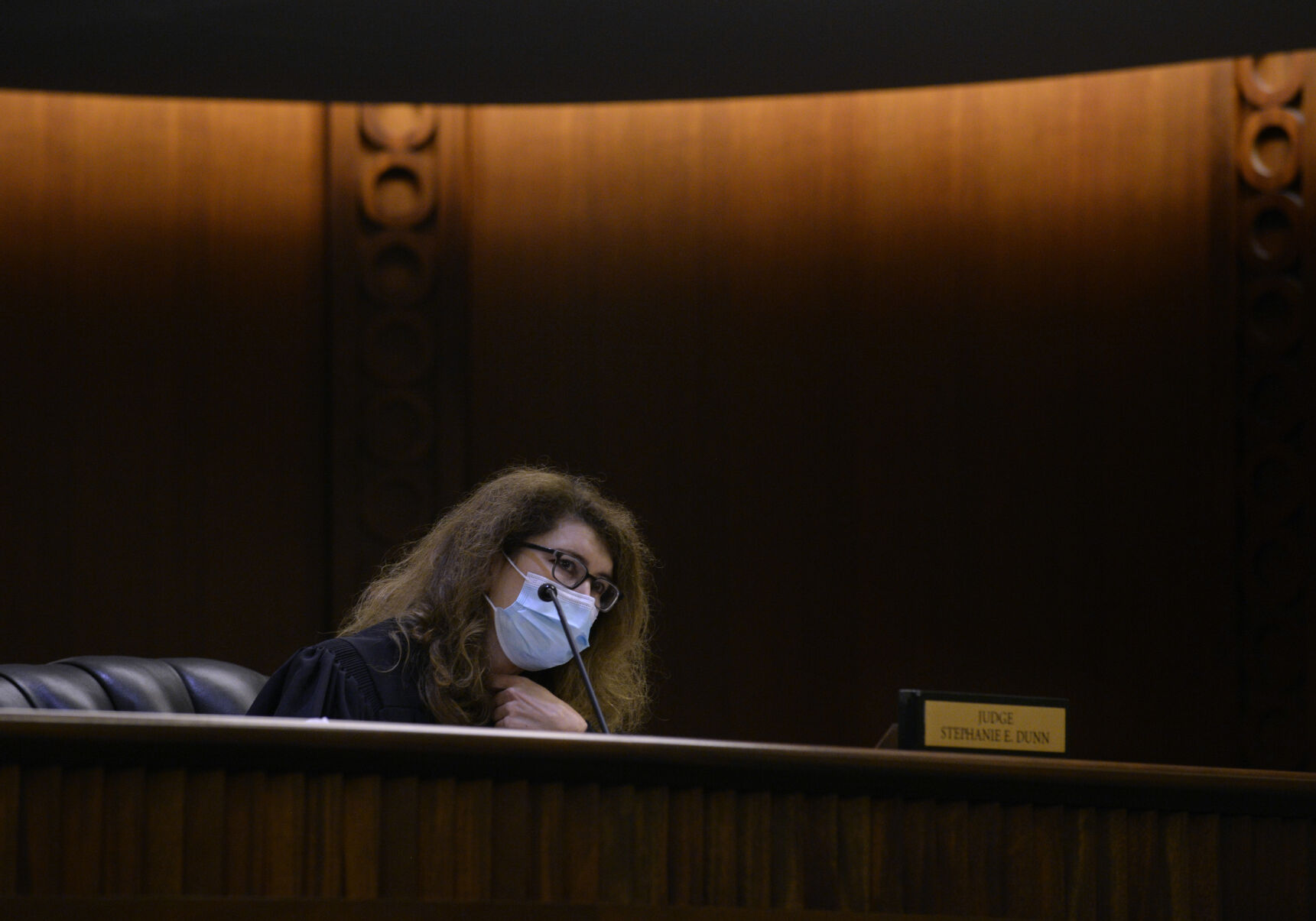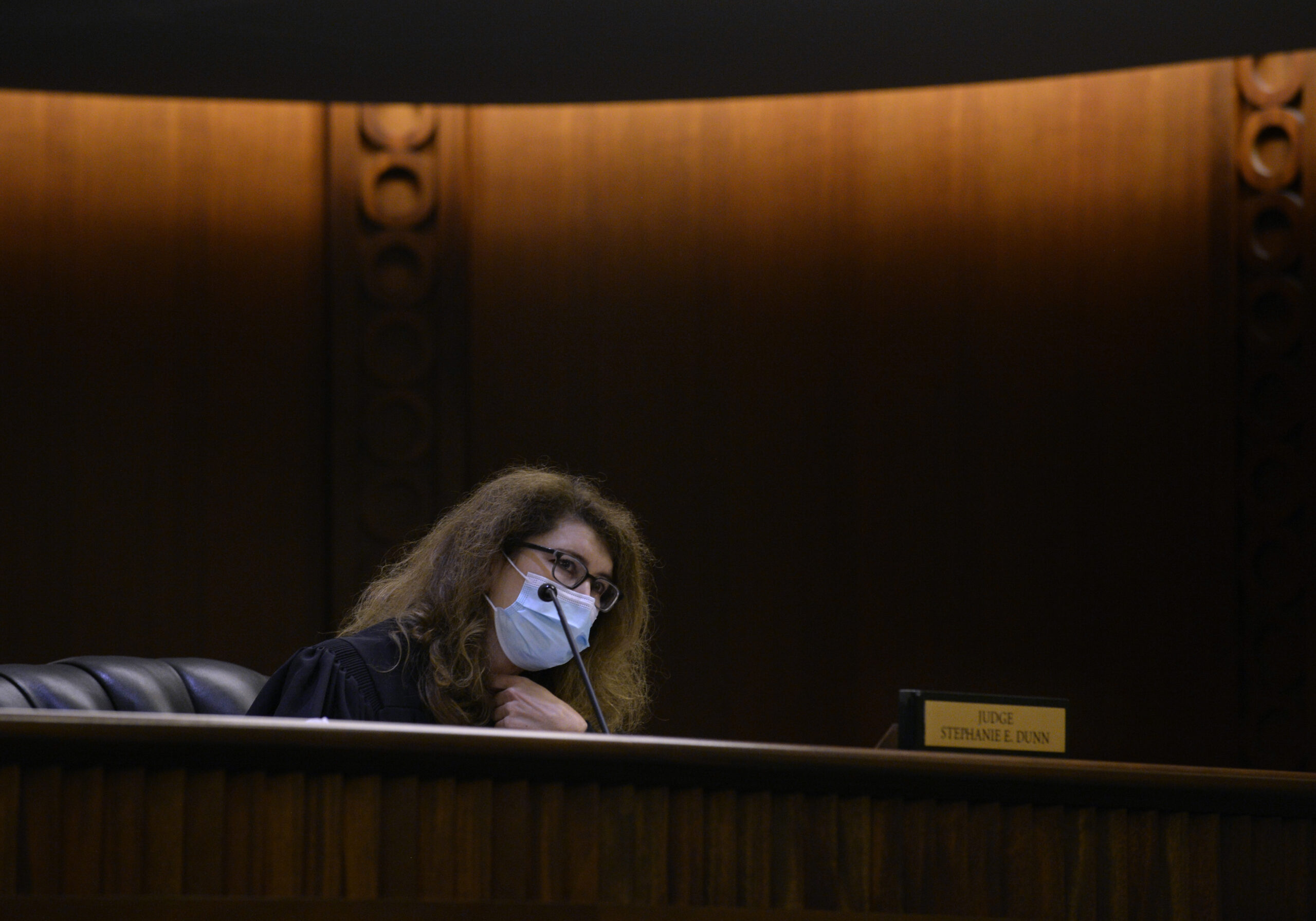Colorado appeals court agrees woman fired for vaccine non-compliance not entitled to unemployment benefits

A woman who was fired because she refused to comply with her employer’s COVID-19 vaccination policy, while seeking neither a religious nor a medical exemption, is not entitled to unemployment benefits, Colorado’s second-highest court decided last month.
Kristen Bara worked as the office manager at the Mental Health Center of Boulder County. After her termination, a hearing officer decided Bara’s resistance to getting the vaccine was based on “reasonable concerns” about her health and safety, and that Mental Health Center offered “no reasonable alternatives.”
A three-judge panel for the Court of Appeals found those conclusions questionable, given that Mental Health Center’s policy did offer alternatives to vaccination that Bara never pursued. Further, the mandate itself was justified.
“MHC implemented the policy to protect the health and safety of its employees, clients, and partners; to maintain its federal funding; and to better serve its clients,” Judge Stephanie Dunn wrote in the Feb. 23 opinion. “Bara doesn’t explain how any of these business interests are not objectively reasonable.”
Under Colorado law, the purpose of unemployment benefits is to compensate people who lose their jobs through no fault of their own. However, there are circumstances in which an employee is ineligible for payments. If the termination was the result of “deliberate disobedience of a reasonable instruction” or violation of a company rule that “could have endangered the life of the worker or other persons,” the benefits are barred.
In September 2021, Mental Health Center announced a vaccination and testing policy in anticipation of bringing workers back to the office. Twelve employees requested a religious exemption and they all received it. Bara, who is Catholic, reportedly researched the vaccines on the Internet and was concerned about the health effects and the use of fetal stem cell lines in their development.
Nonetheless, she did not request an exemption.
After Mental Health Center terminated her and Bara applied for unemployment benefits, an employee within the Colorado Department of Labor and Employment found she was disqualified under the law from receiving payment. A hearing officer reversed that decision, deeming Bara not at fault for her unemployment.
The Industrial Claims Appeals Office in turn reversed the hearing officer, concluding Bara’s failure to comply with her employer’s vaccination policy was “fully under her control” and not “objectively reasonable.”
Bara then challenged the ruling in the Court of Appeals, where she railed against the “forced COVID-19 injection policy.” Represented by Randy Corporon – a Republican Party officer who has litigated against Colorado’s public health orders and called COVID-19 the “Chinese Communist Party Wuhan Virus” – Bara framed the issue as one of religious liberty.
“Requiring her to be vaccinated despite firmly held religious convictions about the source of the vaccine and its ingredients placed Claimant in an impossible situation – abide by her religious convictions or abandon them and be vaccinated,” her lawyers wrote.
Mental Health Center countered that Bara never tried to advance an official religious justification at the time the policy was announced. The hearing officer’s decision in her favor, claimed the Center, would enable workers to “thumb their nose” at their employers and receive public benefits for doing so.
“These were decisions entirely within the control of Ms. Bara – she chose not to vaccinate, she chose not to seek an exemption, and she therefore chose to be terminated from employment rather than comply with her employer’s reasonable policies to protect the health and safety not only of its patients but also its employees,” wrote attorney Benjamin Hase.
The Court of Appeals panel agreed with Mental Health Center. The organization risked losing government funding if it did not enact a vaccination rule, and Bara’s rejection of the vaccine stemmed largely from a review of “online sources,” Dunn pointed out.
“Protecting employees and the community from a lethal virus is not objectively unreasonable,” she wrote.
The case is Bara v. Industrial Claim Appeals Office et al.













